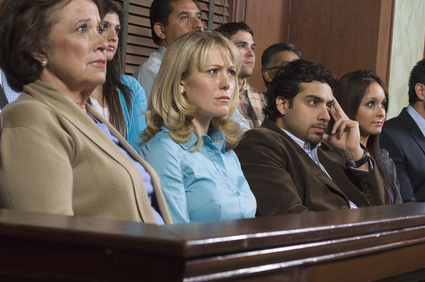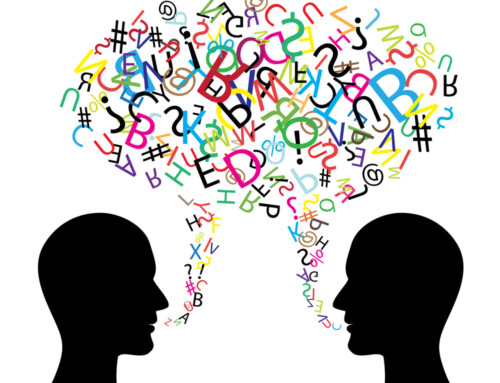 I was called for jury duty a few days ago and have to admit, much to my relief, I was dismissed after two days. Not only did this obligation cause some havoc in my work schedule as I am a sole practitioner and no one can run the business for me, but I had some serious and very uncomfortable feelings about being placed in the role of a juror.
I was called for jury duty a few days ago and have to admit, much to my relief, I was dismissed after two days. Not only did this obligation cause some havoc in my work schedule as I am a sole practitioner and no one can run the business for me, but I had some serious and very uncomfortable feelings about being placed in the role of a juror.
The last time I was on jury duty, I was put on a civil case that lasted for seven days, fulfilling my obligation. This time around, jury duty affected me much more than I expected, starting when I was sitting in the jury pool room outside of the court.
In my daily work as a divorce mediator, I strive to be neutral and impartial, not giving opinions nor taking sides, and certainly not judging whether someone is right or wrong! And if I do have an opinion (which I may sometimes), I keep it to myself. But suddenly in the role of a juror, I was being asked to look at evidence, listen to testimonies, and examine all aspects of a case with the goal of forming an opinion and of rendering a verdict.
I did not realize how upset and uncomfortable I really was until I was questioned by lawyers in the voir dire. Like a lightbulb going on inside me, I realized that I had to find a way to get out of this job. The role of juror felt like an enemy to my body and especially to my soul. I was being taken out of my daily persona, the one I feel good about, and asked to do the exact opposite.
I often use the expression “does my inside match my outside?” In this case, certainly the inside did not match the outside. How could I possibly do something so against my nature? Truly I could not, and fortunately the two cases for which I was examined both presented conflicts for me: the first one because a member of my family had some unfortunate encounters with the company represented in the trial. The second one because a close member of my family had a similar experience to that of the plaintiff.
The lawyers let me go and with a big sigh of relief, I returned to my comfortable skin – – that of the mediator!
Comments & Replies from Social Media
__________________________________________________
You raise some interesting quandaries. I note that the group I work with deals with workplace conflict. In that field we do mediation, workplace interventions, investigations into harassment and other workplace misconduct and training related to all of these. Among the 15 to 18 associates, some only do mediations and interventions and some only do investigations. A small handful of us, myself included, operate in all of the domains.
Moving between the two sides requires a conscious shifting of style and an awareness of the different skills and aptitudes. Some of our associates would feel very uncomfortable doing this. One thing that is strangely similar is the need to maintain objectivity and to reserve judgement. For example in investigating a harassment complaint, it is important to hear both sides and the witnesses before forming an opinion. Of course, as a mediator I do not render a final verdict but as a harassment investigator I do.
It is intriguing that mediators and judges both aspire to be impartial. This makes me think that the difference lies in some other description. Perhaps it is in the very titles. Mediators don’t judge and judges don’t mediate.
Cheers,
Don
By Donald MacKay (via Linkedin)
__________________________________________________
I was called for jury duty recently and thought it might be very interesting to have a role so different from my usual one. The parties settled while we were waiting to be called for the lawyers to check us out. I felt slightly disappointed about missing an unusual experience but very glad to get back to work.
By Virginia Colin, Ph.D
Jennifer Safian
divorce and family mediation
upper east side of manhattan (nyc)
new york, ny
(917) 881 5206
jpsafian@gmail.com
Latest posts by Jennifer Safian (see all)
- misinterpreting your partner’s demeanor may lead to conflict - October 9, 2024
- demystifying the money talk - September 11, 2024
- why are we afraid to discuss money? - August 21, 2024





I understand your problem. I was an adjudicator deciding refugee claims. Being a mediator uses entirely different parts of my brain.
I do use some of my transferable skills from running a hearing to conducting a mediation. I could question a person when they lied during a hearing. But I do have to control myself from saying ‘liar, liar pants on fire’ from when something I heard in caucus differs from what is said around the mediating table.
As to being on a jury – never been called to jury duty. If it happened I might enjoy watching the judge and lawyers as a juror instaed of the judge!
From the hearing to the mediation, that must be hard!